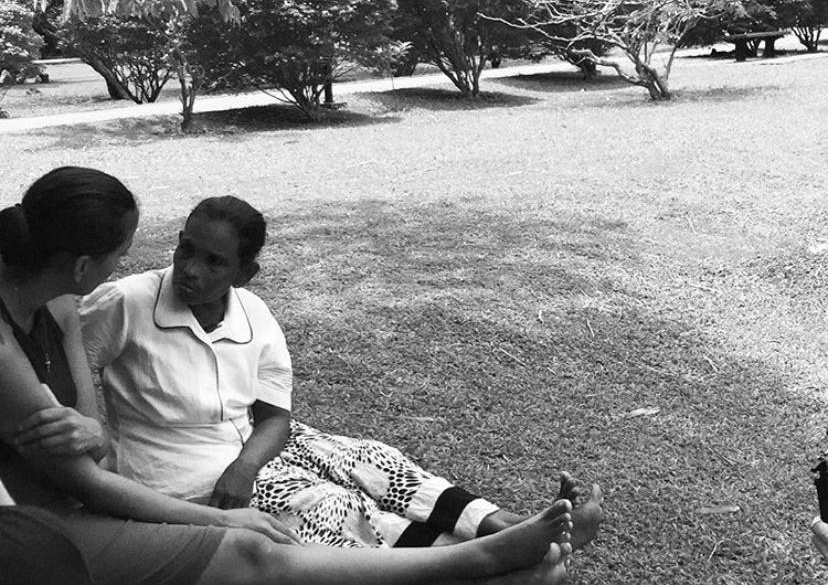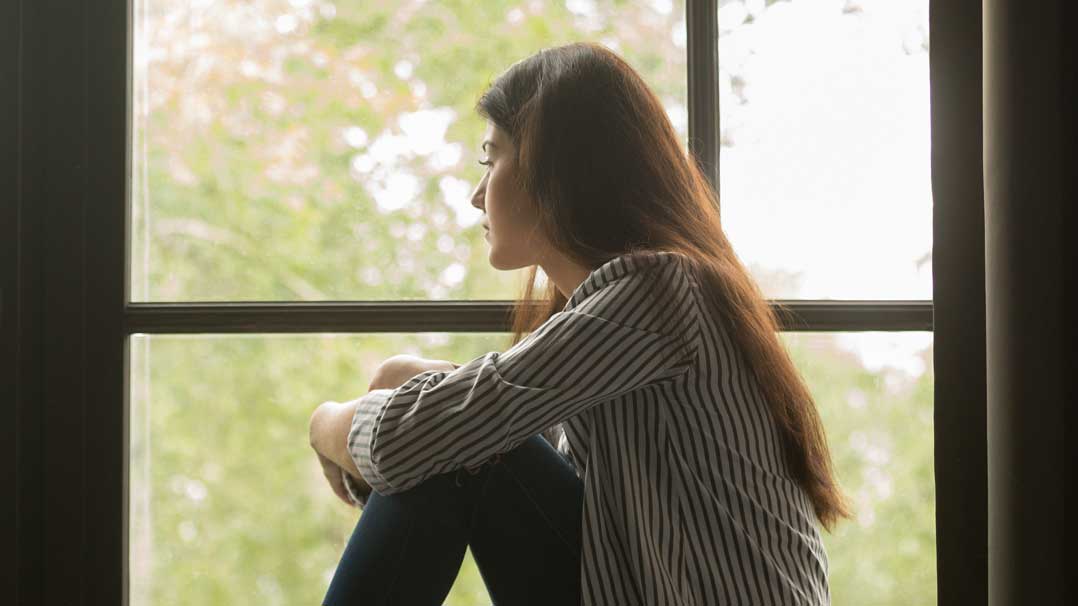Help Guide if your Partner was sexually abused as a Child
- IWB Post
- April 13, 2015

The recent openness with which Bollywood stars have treated very delicate issues of their past is truly inspiring. However, it is never enough just to say about it, but to be heard. You can also become one listener that your partner will approach first. So, what to do if your spouse or live-in partner talks about being sexually abused in childhood?
How does this abuse affect survivors when they are adults?
Some research suggests that survivors are more likely to have PTSD (Post-traumatic stress disorder). Survivors may also have amnesia about the abuse, or they may have what’s called ‘dissociative identity disorder’ – multiple identities. They are also at higher risk for depression, addictions, intimacy and trust issues, and sexual dysfunction. Everyone is different though, and the effects of the abuse depend on a lot of other influences.
How does this abuse affect survivors’ relationships?
Trouble with intimacy, control, and trust; behavior boundaries and anxiety are some of the areas that are tough in a relationship with a survivor. These issues and the effects of things like addictions and depression can really take a toll on survivors’ relationships, and the partners who love them.
What does a survivor’s recovery process look like, how long does it take?
Although the length of time varies, the recovery process will be measured more in years than in months. If the survivor is in therapy or counseling, things may get worse before they get better. Often a lot of sadness and anger surfaces, and the process will likely be difficult on your relationship. Therapy for survivors often excludes the partners; you might enter some couples-therapy along the way but most times you will be more of a spectator than a participant in the survivor’s therapy process.
What can partners do to help the recovery process and keep their relationship alive?
There are many things you can do, but they could be condensed into seven points:
- Believe in your Partner.
- Listen Well.
- Avoid viewing your partner as another “victim”. He/She is a survivor who is strong and courageous for facing inner demons. Celebrate your partner’s decision to reclaim the childhood.
- Offer a break from the conversation if things get too heated. Safety in the relationship is critical.
- Pay attention to what you’re feeling and put it to words, if you aren’t sure then say so instead of remaining silent.
- Face the problems and work on solutions while staying sensitive to your partner – sometimes it’s best to defer things a while.
- Don’t respond in kind and try not to take it personally (the anger is most likely for the abuser).
- There will be some very stressful times so learn how to deal with it.
- You’re in a tough situation that requires a lot of emotional energy; you won’t do everything perfectly even if your partner sometimes expects that. Care for your own physical and mental well-being so that you can be a supportive partner.
- Accept your partner for who they are.
- Be sure to take care of yourself – get some counseling of your own, find understanding & supportive friends, keep doing things that refresh and renew your spirit; good self-care is essential.
If your partner swore you to secrecy – what should you do now?
It’s important for you to be able to talk about the situation and how it affects your life; it’s critical to your own mental-health and well-being. Of course this is a very serious and sensitive issue for survivors and it’s natural for them to want some protection. Talk with your survivor about your need to disclose this to others for your own good, for your own well-being. You might suggest that you agree on who you will talk to about this, and mutually select some trusted friends or family. You could approach those friends and family together or separately to reinforce the sensitive nature of the disclosure of the abuse. You might also decide to talk only to a professional counselor about this; they deal with sensitive issues every day and are accustomed to keeping their client relationships in confidence. Whichever route you choose, it is critical that partners be able to share their journey with someone they can trust, with someone who can provide some relief and support.
How to go about finding a therapist or counselor to work with?
You can search online for local therapists and counselors, ask your primary care physician for references, ask family and friends, or look in the phone book. Come up with a list of two or three counselors, and then give them a call or interview them in person. Briefly explain your situation and ask them about it. It’s critical that your counselor is well-qualified, and it’s also critical that you feel comfortable with them. If you don’t feel comfortable then evaluate someone else – this is too important to settle for something that doesn’t fit.
- 0
- 0











